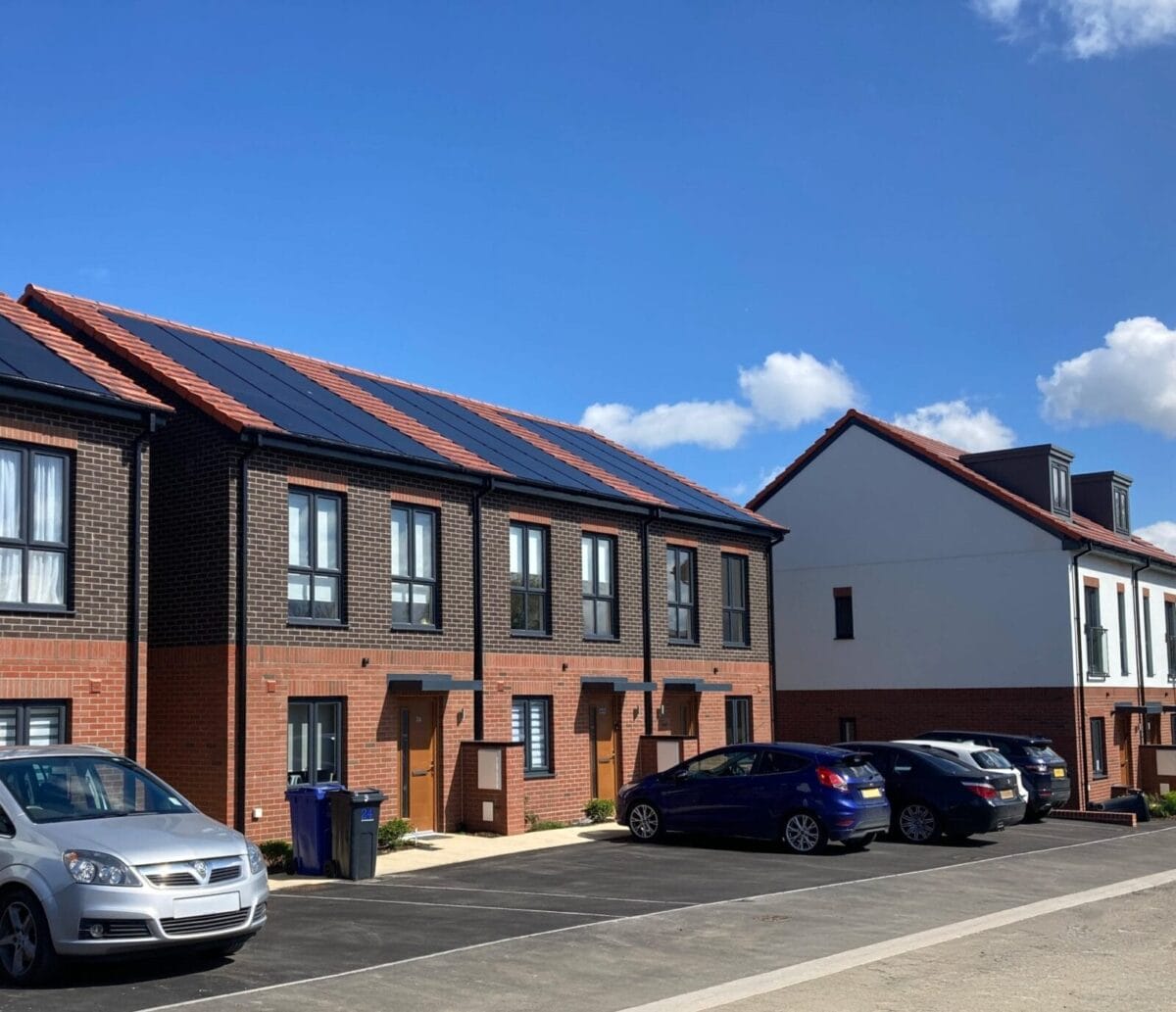Below are the thoughts and experiences of mortgage brokers on Newspage:
Benjamin Blyth, director at Houz Mortgages, said:
“I had a first-time buyer who had a £468 default with a water company for an old bill. This was only discovered as part of the process of getting mortgage-ready, and the client immediately settled the debt. According to Criteria Brain and Twenty7Tec, this scenario was deemed ‘acceptable’ by both Nationwide and Leeds. However, despite no other adverse data being available on the credit file, both lenders declined an Agreement in Principle.
“As a broker, I must emphasise the importance of lenders being more transparent and consistent in their criteria so that we can have a better understanding of our clients’ chances of securing a mortgage. We pay for these tools to remove the guesswork of years gone by, so it would be great if the data lenders feed into them is accurate.”
Scott Taylor-Barr, financial adviser at Carl Summers Financial Services, said:
“It is critical here to separate two elements of a lender’s policy: criteria and credit score. Many lenders will have criteria around adverse credit, from “none at all” to “bankrupt” and everything in between. The lenders at the lighter end of that spectrum tend to be mainstream lenders and their rules allow a degree of poor credit history through the door.
“However, that doesn’t mean it won’t affect the credit score. So, whilst the rules say they will allow it, the caveat is that the application still has to meet the lender’s minimum credit score. The bottom line is that an absolutely perfect application in every other regard, but with a small default, could be agreed; that same case with just one other small factor (like being in their job for less than three years, for sake of argument) could fail the score, despite meeting the lenders’ criteria around adverse credit. Even knowing and understanding that it is still very frustrating for brokers.”
Imran Hussain, director at mortgage advisors Harmony Financial Services, said:
“Adverse or specialist lenders, in the main, will still cherry-pick the best of the bad bunch in regards to the client profile; just because a lender says they will lend to those borrowers with a ccj or default, this does not mean if you have a client with 50 unsettled defaults a lender will do it. It is all about the risk and overall client profile – at times there can be circumstances which simply mean lenders can not or are unwilling to lend against as frustrating as that can be for us brokers. There have been many instances where the lender’s own criteria will say they will do it only for the case to be declined at underwriting.”
Bob Singh, founder at Chess Mortgages, said:
“Adverse lenders have taken significant market share over the years from mainstream lenders who sadly have failed to innovate their product range to adapt to this market. The matter has been hugely over complicated with pricing based on factors that have no material affect on one’s ability and desire to maintain mortgage payments.
“A parking ticket, CCJ, a late payment here and there does not mean the person is a bad risk. Arrears on financial commitments warrant closer scrutiny but even then lenders need to humanise the underwriting process. The six years profile is far too long in my opinion and should be cut to three as most lenders ignore anything older than three years anyway so why have it there? With so many variables it is no wonder brokers get confused with trying to match reports with criteria. As sourcing systems start to integrate with credit bureaux accuracy should improve but until then it’s a case of trial and error.”
Amit Patel, adviser at mortgage broker Trinity Finance, said:
“Adverse credit applications tend to be time-consuming and it’s like looking for a needle in a haystack. Each lender has their policy on what it will and will not accept. Some lenders will ignore late payments but if the borrower has a low credit score then they may not pass that lender’s internal credit score.
“A first-time buyer with a small deposit looking to get a 95% LTV mortgage may struggle to borrow at such a high loan-to-value with a series of missed payments. Each lender will have its own rules and criteria, but generally, missed or late payments for utilities are the least serious, and missed mortgage payments are the most serious.
“Knowing which lender will accept an application is tricky and sometimes it will be a case of trying your luck. I had an adverse application accepted by Halifax last year because it was a low loan-to-value application even though their policy stated they would not accept the level of adverse.”
Paul Neal, director, Missing Element Mortgage Services, said:
“Adverse credit is always a sticky situation when lending, some fail at DIP that should go through, and others complete that you think really shouldn’t. The problem with adverse is its not always black and white, and lenders should really offer a more common sense approach to it.”


















